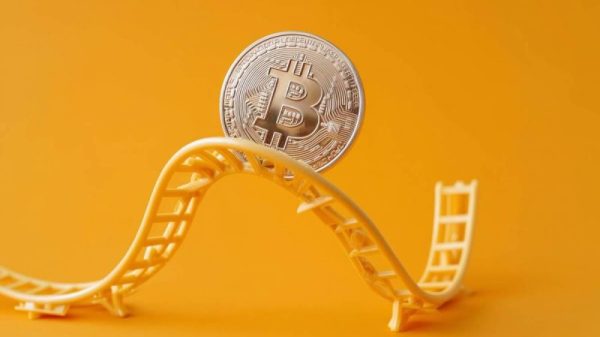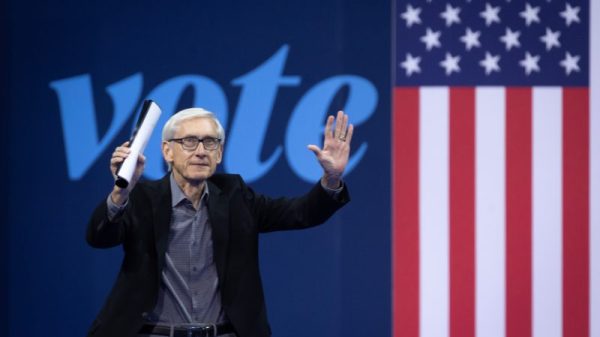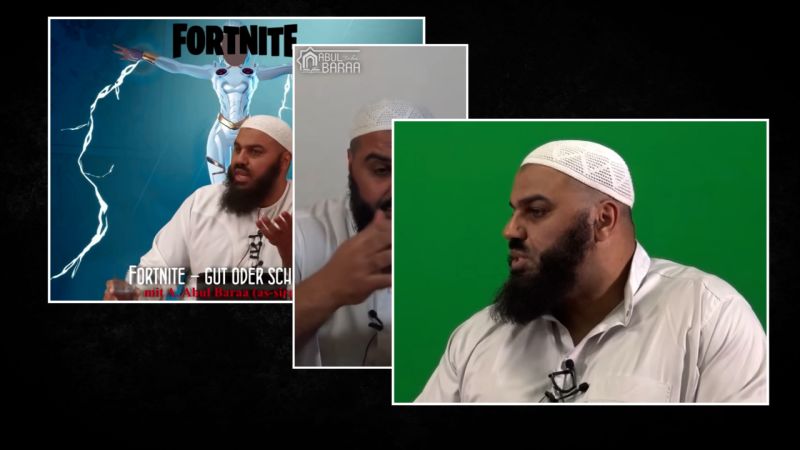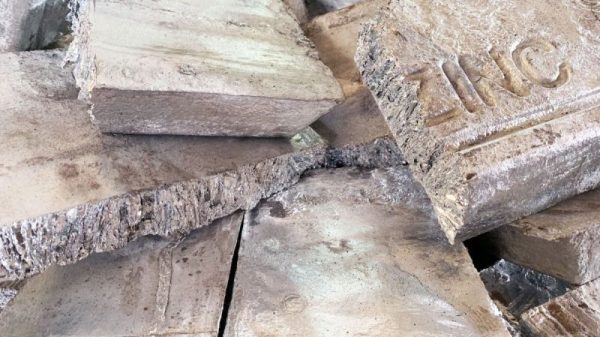“Is Botox a sin?” A bearded man wearing a traditional white Muslim cap reads the question from a sheet of paper, then looks up to address his TikTok audience.
“Yes, it is a sin,” he smirks. “You must accept that you will age. Do you still want to look like you are 20, when you are 80? No one will believe you.”
Abul Baraa, a German-speaking Salafi preacher, is reaching thousands of followers with Q&A clips like this, which counterterrorism experts say can eventually leave followers ripe for recruitment by terror groups. Salafism is an ultra-orthodox, puritanical strain of Islam followed by a minority of Muslims.
The preacher’s casual and relatable style has helped him amass a following of more than 82,000 on TikTok and tens of thousands more on other social media platforms, where he has published more than 2,000 videos.
“The most commonly known influential preacher in the German-speaking world right now, the ‘It’ model, so to say, is Abul Baraa,” Nicolas Stockhammer, a counterterrorism expert at the University of Vienna, explains.
“TikTok radicalization – it is a new term for this phenomenon… And ISIS-K is one of the profiteers of this dynamic. They appeal specifically to those very young adolescents.”
In light of an alleged terror plot on a Taylor Swift concert in Vienna, there is renewed concern about online extremism among youth. The 19-year-old alleged mastermind of the attack was radicalized online, Austrian authorities say, although it is unclear how.
Abul Baraa, a 51-year-old German citizen, has repeatedly denied any connection to ISIS or any other jihadi groups.
But his content is seen as the first stop on the path to extremism, according to Kaan Orhon, a deradicalization case worker at the Green Bird association in Bonn, Germany. He says Abul Baraa’s name comes up as a common denominator in the radicalization of almost every youngster he works with.
“He is the rock star of the Salafist scene in Germany,” Orhon explains. “He is extremely popular with young people because he caters to needs, questions, interests that young people have, but that are not picked up by any other Islamic theological institutions.”
‘Like a gateway drug’
Questions answered by Abul Baraa may be as benign as “Is it okay to play Fortnite?”– a popular video game.
Abul Baraa answers this one in a two-minute stylized clip, with images of the video game in his backdrop.
“These games are not to be played. We are Muslims. We love Allah and we hate pluralism,” he says.
Keeping young people from engaging in the modern world is Abul Baraa’s objective, experts say. In promoting an anti-West, Salafi ideology, Orhon says, his content pulls viewers away from their communities, leaving their young minds vulnerable to extremist influence.
“What makes him dangerous is that he is like a gateway drug for more radical actors,” explains Orhon, who describes Baraa’s discouragement of activities and interests that are not religiously permissible as laying “a groundwork of isolation.”
In one short Q&A posted on YouTube, Abul Baraa asks: “Can you be friends with a kafir? That means that you are friends with someone who is not a Muslim. This is against our religion.”
Once isolated, the teenagers influenced by Abul Baraa may become ripe for the picking by radical groups like ISIS-K, an active affiliate of ISIS stemming from central Asia, say Stockhammer and Orhon.
“That’s the point where his distancing becomes insincere, because he knows that he lays the groundwork where other actors are picking his target audience up and leading them further into radicalization,” Orhon says.
‘Every time they try to find something new so they can silence us’
German security services have had Abul Baraa on their radar for years.
Born Ahmed Armih, the preacher grew up in Lebanon before moving to Germany around 2002.
He became the chief imam of Berlin’s As-Sahaba Mosque, where he built and maintained connections with violent jihadi figures, according to local German authorities. The mosque was searched by police in 2018 on suspicion of terrorist financing. It is now closed.
Baraa eventually moved his preaching to Lower Saxony, a state in northwestern Germany, where he joined an association of preachers known as the “German-speaking Muslim Community,” or DMG. He delivered sermons at the group’s mosque in Braunschweig until June of this year, when German authorities banned and dissolved the DMG for extremist activity.
“The ban on the DMG is a hard blow to the Salafist scene in Lower Saxony and beyond. By banning the scene, we are depriving German-speaking Salafist preachers of their most important platform for spreading their extremist ideology,” Daniela Behrens, Lower Saxony’s minister of the interior and sport, said in a statement announcing the ban.
The crackdown pushed Abul Baraa to establish and develop a presence on social media, where he remains a prolific producer of content. This week he responded to media reports linking him to the suspected Taylor Swift concert plot with a TikTok video and a livestream.
“Dear brothers and sisters, as you’ve observed, there is currently a massive campaign against us,” he says in the TikTok clip. “Every time they try to find something new so they can silence us.”
Abul Baraa’s followers are likely to be presented with more extremist content by social media algorithms built to fuel and feed their interests.
And groups like ISIS-K are ready to take advantage, actively seeking to recruit minors because it presents a challenge to law enforcement.
“The calculation of ISIS-K and those people who are behind this dynamic is that… it’s not so easy to prosecute them by law because they are too young,” Stockhammer says.
The suspected Taylor Swift concert plot was stopped, but European security officials fear ISIS-K is already recruiting for its next attack from the fringes of the internet, where young minds may be susceptible and alone.

























